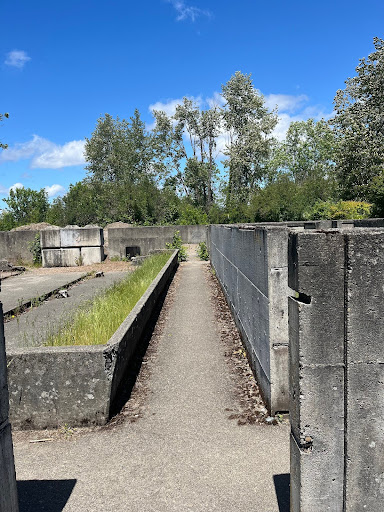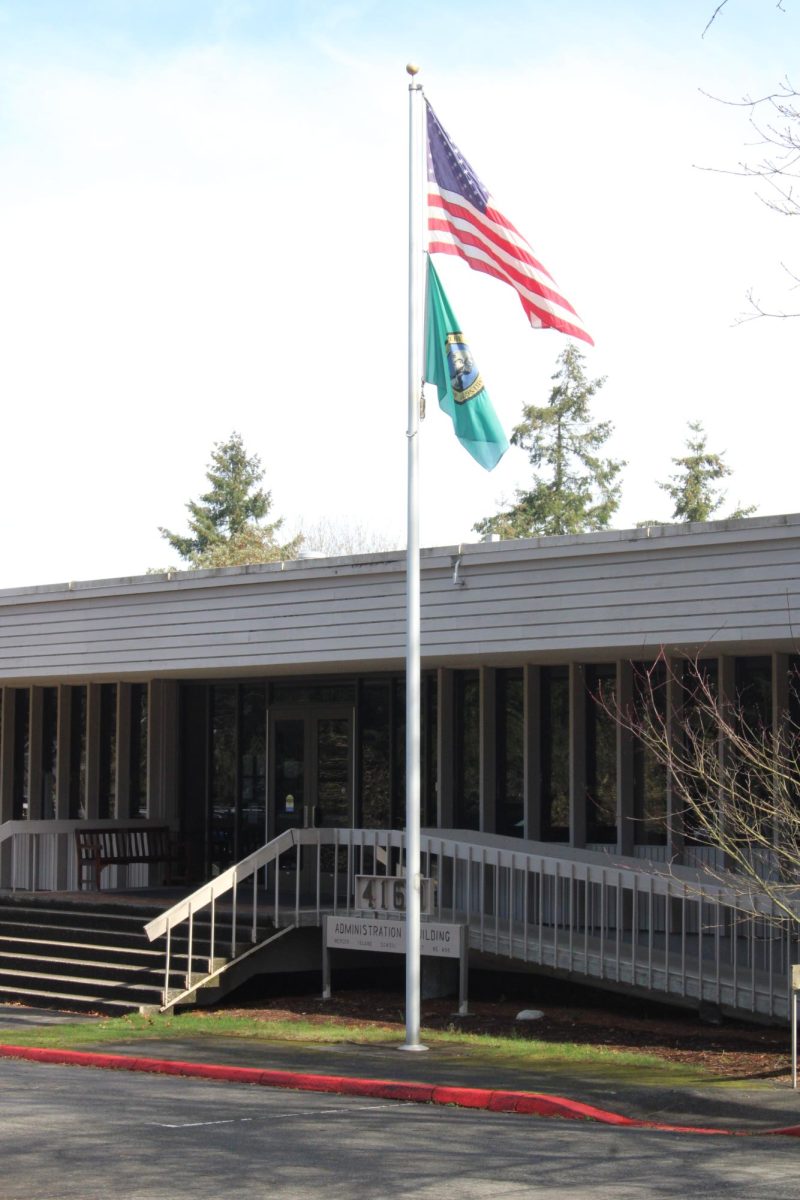From 1905-54, the Seattle School District ran a “teenage delinquent school for boys,” located on the property where Luther Burbank is now. Known as Mercer Island’s Boys Parental School, the school hosted up to around 140 boys, the majority of which were first and second time offenders coming from unstable households in the city.
The school’s longtime director, Willis Rand, set up the school to be farming based, which his son Ted Rand later explained to have shown the students “Connections with the realities of life and pleasant associations with farm life. [It] had an effect of making the kids think a little differently about their lives.” The students went to classes in the morning and tended to the land in the afternoon with the help of the farm supervisor, James C. Johnson. The property contained several cows and pigs, fruit trees, vegetables, corn and beans along with two water holes located to the left side of the property. It was a very healthy escape and healing destination for misbehaving teenagers.
But why Mercer Island? Was it because Mercer Island was so quiet at the time? Were the boys actually healed? The school was shown to have 15 hospital beds, and a full-time nurse. Before the island had a bridge, Mercer Island had many boats ready to make their way to a Seattle hospital if a boy got hurt. Why did they have to have a hospital located on the school grounds?
Ted explained to have heard stories from his father about boys who would escape the camp. Willis would get in touch with all of the people living on the Island and tell them to lock up their boats. Then, Willis and several local folks would go for a hunt. Being on an Island left these boys no way out.
During the school’s first few years, the school hosted their only successful escape artists. Their names were William Kiger and Albert Cook. When they escaped they were wearing only their underwear and were chained together by their ankles. On a stormy night in November, the boys quietly left their dorm, keeping quiet in a timely manner so the loud noise of their chains would not be heard by anyone. They made their way to a neighbor’s boat that they had noticed earlier that day.
Had these boys been planning this escape, did other boys in the camp know about it? They successfully made it on the boat. They paddled for hours on end, not reaching land until dawn. They arrived at the east shore of the lake, opposite to the island. North Pacific belt-line workers graciously used their tools to unleash the chains from their ankles. The school didn’t bother looking for them after their escape and the boys grew up on their own. Kiger became a truck driver, but there is no record of Cook and his life after.
Though there is little evidence of the happenings that actually went on at this school, to this day the full experience of being a student at Mercer Island’s Boys Parental School remains a mystery. Is it because no man who spent time there can build up the courage to speak on the emotional experience, or is it just that the school was perfectly reasonable and served as a safe haven for disobedient boys? Perhaps we will never know.









Larry Sarchin • Sep 15, 2024 at 2:13 am
I’m a lifelong Islander, and grew up living just above the LuthercBurbank School when it was still active. The entire grass fields, and the P-Patch public garden behind the MICEC (which used to be my elementary school, Mercer View), was the pasture for dairy cows for Luther Burbank. They used to let some of the boys out to play little league baseball with us. When the school was finally shut down around 1967, my brother and I explored the abandoned buildings, which finally got demolished around 1970 or so. Kids did escape occasionally and run over the hill and through our yards , but we never narced. They were fellow kids.
Staff Writers • Jun 12, 2024 at 10:51 am
Really interesting story, had never heard of this before!